Civil Engineering
Civil engineering is a branch of engineering that deals with the design, construction, and maintenance of the physical and naturally built environment, including works like roads, bridges, canals, dams, and buildings. It is one of the oldest engineering disciplines and encompasses several specialized sub-disciplines, including structural engineering, geotechnical engineering, transportation engineering, environmental engineering, and construction engineering.
Key Concepts to Study
- Structural Engineering: This sub-discipline focuses on the design and analysis of structures such as buildings, bridges, and tunnels. It involves understanding the behavior of materials under different conditions and ensuring that structures can withstand various loads and forces.
- Geotechnical Engineering: Geotechnical engineers study the behavior of earth materials such as soil and rock, and their interaction with structures. They are involved in the design of foundations, retaining walls, and slope stability analysis.
- Transportation Engineering: This field deals with the planning, design, and operation of transportation systems, including roads, highways, railways, and airports. It involves considerations of traffic flow, safety, and environmental impact.
- Environmental Engineering: Environmental engineers focus on the protection and improvement of the environment through the design of systems for water and wastewater treatment, solid waste management, and pollution control.
- Construction Engineering: Construction engineers are involved in the planning, management, and execution of construction projects. They coordinate the activities of various trades and ensure that projects are completed on time and within budget.
Study Tips
Here are some tips for studying civil engineering:
- Understand the Basics: Start by building a strong foundation in mathematics, physics, and mechanics, as these are fundamental to many aspects of civil engineering.
- Stay Updated: Keep up with developments in the field by reading industry publications, attending seminars, and joining professional organizations.
- Hands-On Experience: Seek opportunities for internships or co-op placements to gain practical experience and apply theoretical knowledge in real-world settings.
- Problem-Solving Skills: Practice solving engineering problems and working on design projects to develop critical thinking and analytical abilities.
- Collaborate and Network: Engage with peers, professors, and professionals in the field to exchange ideas, seek guidance, and build a strong professional network.
Conclusion
Civil engineering is a diverse and dynamic field that plays a crucial role in shaping the built environment. By mastering the key concepts and adopting effective study habits, aspiring civil engineers can prepare themselves for successful careers in this rewarding profession.
.◂Science Worksheets and Study Guides Fourth Grade. Animal Growth and Reproduction
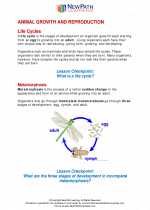
 Activity Lesson
Activity Lesson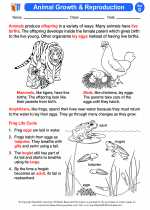
 Worksheet/Answer key
Worksheet/Answer key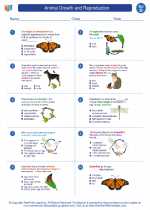
 Worksheet/Answer key
Worksheet/Answer key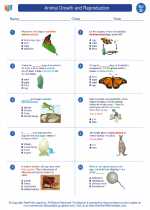
 Worksheet/Answer key
Worksheet/Answer key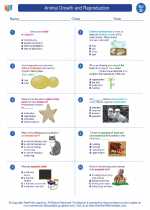
 Worksheet/Answer key
Worksheet/Answer key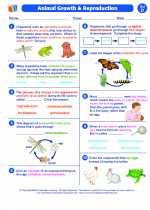
 Vocabulary/Answer key
Vocabulary/Answer key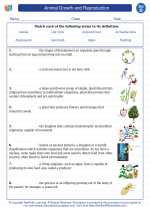
 Vocabulary/Answer key
Vocabulary/Answer key
 Vocabulary/Answer key
Vocabulary/Answer key
 Vocabulary/Answer key
Vocabulary/Answer key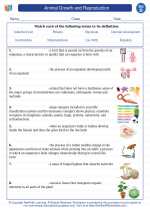
 Vocabulary/Answer key
Vocabulary/Answer key
